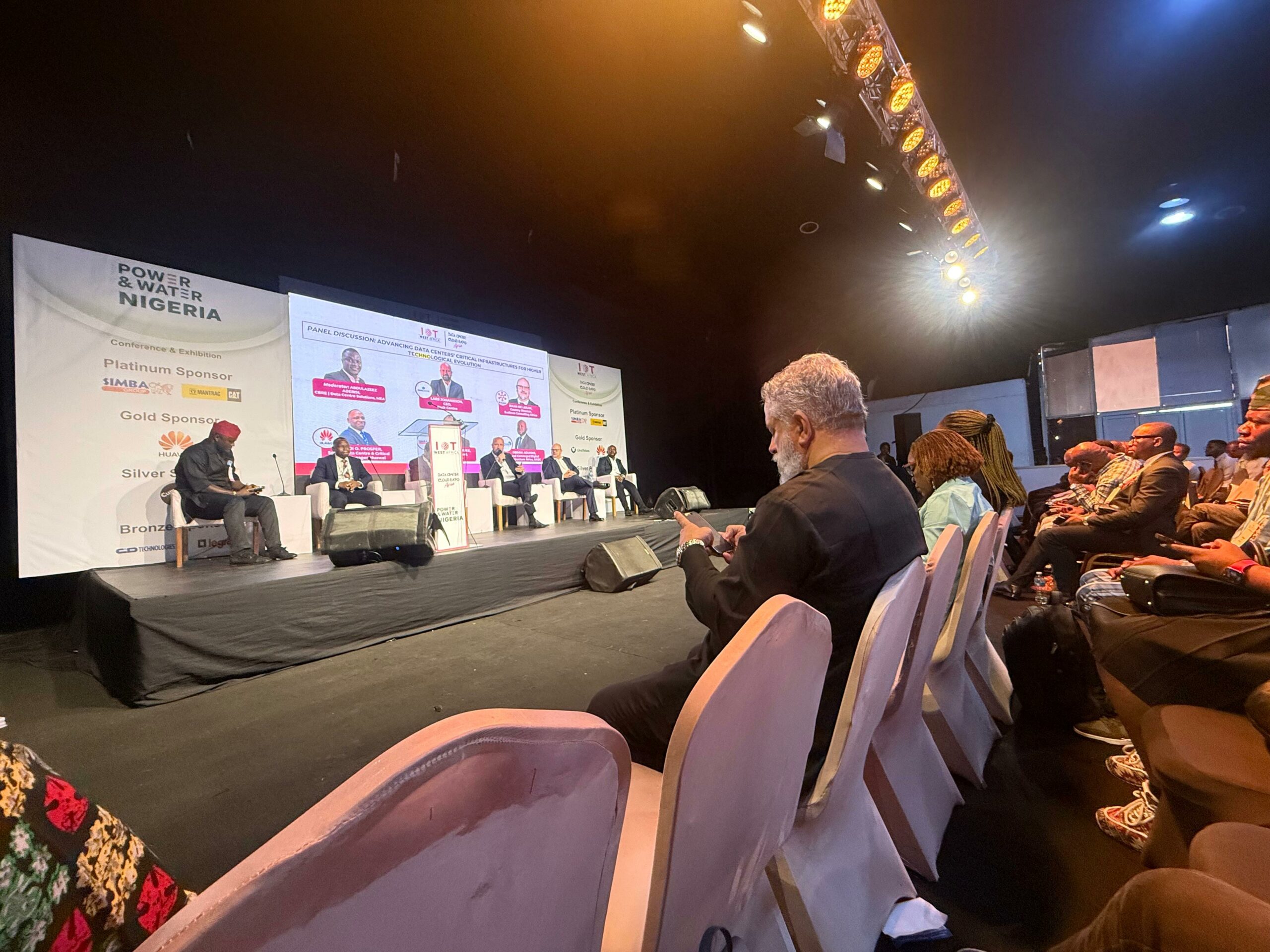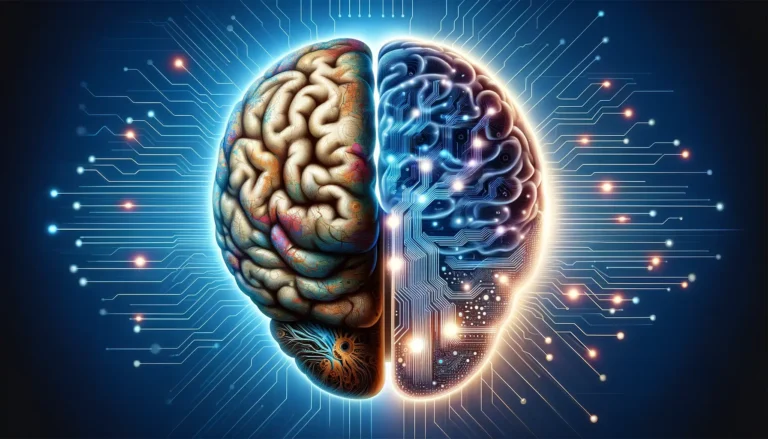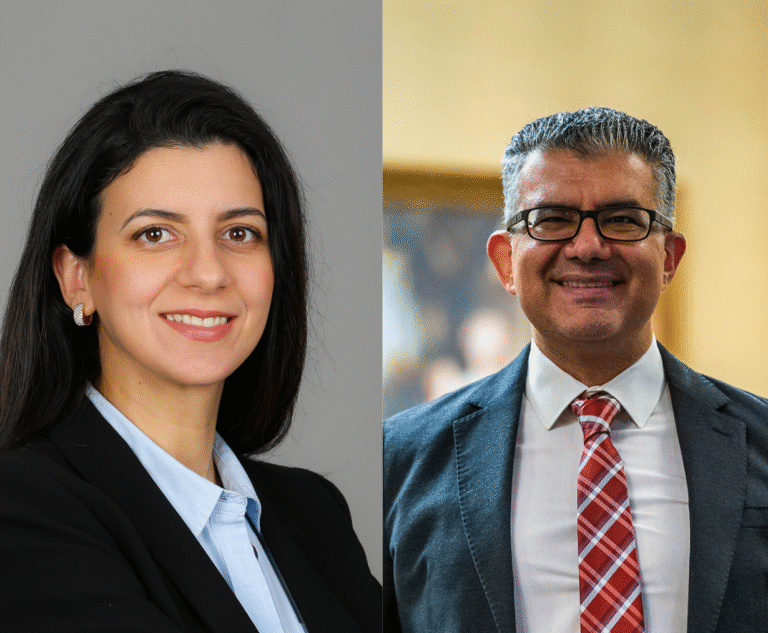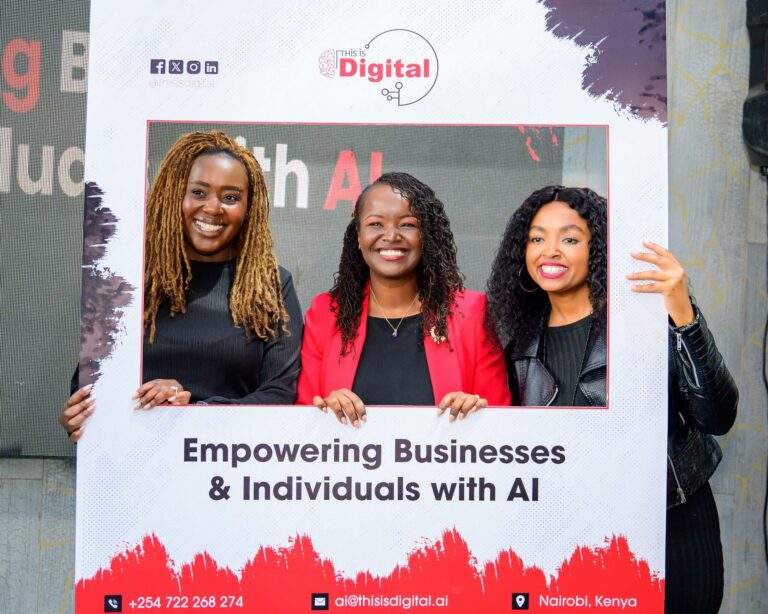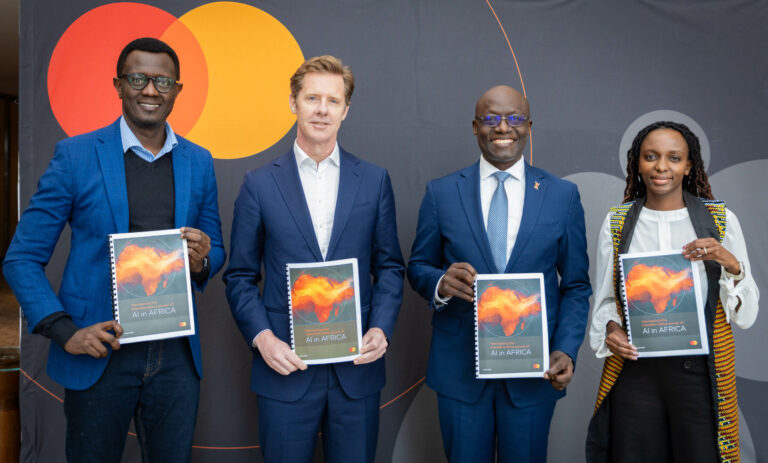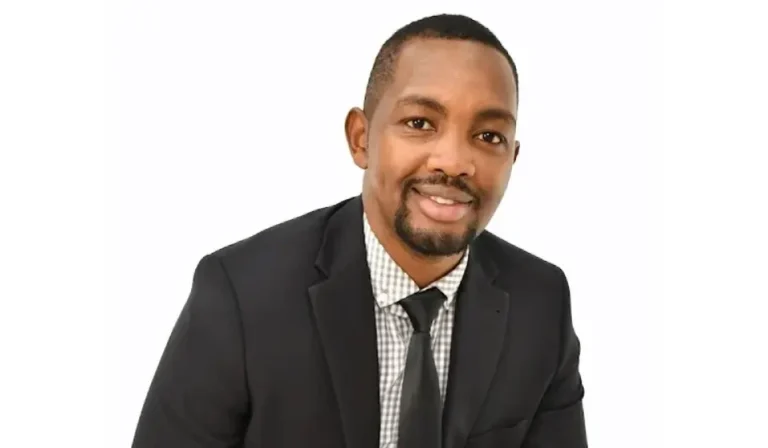Unlocking Africa’s Digital Potential: Key Insights from IoT West Africa
The discussions at IoT West Africa painted a vibrant picture of a continent on the cusp of significant digital transformation
West Africa today has a mobile penetration of around 50 percent but beneath this impressive statistic, lies a deeper truth that was explored at the IoT West Africa event.
The discussions echoed a powerful sentiment: even the tech giants, the hyperscalers who are rapidly setting up shop, cannot conquer this frontier alone. The unique tapestry of West African markets, each with its own nuances and demands, necessitates a collaborative spirit. As Andie Oluwafemi Moyan, CEO of Citi Data Centres, aptly stated, “Even hyperscalers cannot do it by themselves, we need lots of partnerships, regardless of government effort, private sector should come and meet them halfway.”
The second day of the IoT West Africa event offered a snapshot of the continent’s rapidly evolving digital landscape. Discussions centred around the critical infrastructure underpinning this transformation, with a strong emphasis on data centres and the growing potential of the Internet of Things (IoT) and Artificial Intelligence (AI).
A recurring theme throughout the day was the intricate balance between technological advancement and the unique challenges and opportunities presented by the African context. A panel discussion on “Advancing Data Centres’ Critical Infrastructures for Higher Technological Evolution” set the stage, highlighting the fundamental role of these facilities in enabling the digital economy.
Speaking at the event, Riaan De Leeuw, Country Director at Sudlows Africa, reminded the audience that “data centres & the cloud is not in the cloud but seated in a building.” He further delved into the core pillars of data centre infrastructure: power, cooling, connectivity, and management. The discussion explored innovative hybrid power solutions, including the increasing viability of renewable energy sources like solar and hydro. De Leeuw pointed out the significant power consumption of cooling systems – approximately 40 percent – emphasising the need for tailored cooling technologies, especially in hot and humid climates like Nigeria.
Connectivity, another crucial element, was identified as both a strength and a challenge. With over sixty-five undersea cables landing on the African continent, the backbone for digital communication is growing. However, De Leeuw highlighted the difficulties faced by landlocked countries, compounded by cost and geopolitical factors. On the management front, the transformative potential of AI in bringing disparate systems onto a unified platform was highlighted.
Lars Johansson, CEO at Rack Centre, shifted the focus to key bottlenecks hindering progress, emphasizing the urgent need to “drive inclusion” and ensure “accessibility and affordability” in the digital space. The impact of resilience on data centre operations was further explored by Prosper Egbedi, Senior Data Centre & Critical, Power Manager at Huawei, who stressed the importance of redundancy in design across power, cooling, and security systems. He argued that a “system that is not resilient loses money as customers will avoid it.” The concept of “Interconnection – Open Access Data Centre” was also presented as a vital component of a robust digital ecosystem.
A case study for green energy in data centres was presented by Egbedi, highlighting Huawei’s deployment of a fully solar-powered data centre infrastructure in Nigeria. He challenged the conventional mindset that limits solar power to low-energy consumption applications, highlighting the successful implementation at a data centre facility in Lagos. This demonstrated a tangible shift towards sustainable digital infrastructure on the continent.
The second panel, “Africa Data Centres Under the Lens – Where Do the Opportunities Lie?”, provided a broader market perspective. Scott Roots from DC Byte offered a revealing statistic: “nearly 45 percent of Africa’s IT infrastructure is in South Africa, followed by Nigeria, then Egypt, Kenya, and Morocco probably combined share 25 percent.” He attributed this distribution primarily to demand and IT penetration among end-users, while also acknowledging the growing presence of hyperscalers like AWS, Microsoft, Google, Meta, and Oracle.
Despite the current concentration, Roots affirmed, “We see whole of Africa as a market…it’s coming, it’s going to take time.” He noted the significant five-fold growth of the Nigerian data centre market in the last five years, accelerated by the digitalization trends and the need for remote working during the COVID-19 pandemic. He also pointed out that a substantial “40 percent of African market is outside colocation.”
Yashnath Issur, CEO of Nxtra by Airtel Africa, cautioned against an exclusive focus on hyperscalers, posing the critical question: “Are we so focussed on the race to success and missing the local community and local providers or are we serving the locals to the optimum?” He emphasized the challenges of customer connection and the evolving issue of power availability, even in Western countries. Issur stressed the need for collaboration to ensure African workloads reside within Africa and to develop robust infrastructure.
Representing the Director General of NITDA, Dr. Ayofele Bakare, Assistant Director of the Cyber Security Department, delivered a compelling presentation on “IoT & AI as a key catalyst for Africa’s digital transformation.” He contextualised the current technological revolution as the Fourth Industrial Revolution, offering Africa an opportunity to leapfrog development stages. Dr. Bakare outlined NITDA’s initiatives, in collaboration with the Federal Ministry of Communication, Innovation and Digital Economy, including the “3 Million Technical Talent -3MTT” program and digital literacy drives encompassing AI, IoT, blockchain, and cloud computing.
He illustrated the transformative power of IoT and AI across various sectors. In agriculture, he cited examples of IoT soil moisture and temperature sensors enabling smart irrigation and improved communication between farmers and their land. In logistics, he highlighted the potential for smart supply chains to boost efficiency and productivity. Dr. Bakare concluded with a powerful statement: “IOT and AI are not just Technologies, they are opportunities presented to us by the fourth industrial era, opportunities to connect, to empower, to optimize and to collocate.” He emphasized that “the fusion of IOT and AI is not just a technological evolution, it is a societal revolution” with the potential to transform healthcare, agriculture, education, industry, and governance.
The discussions at IoT West Africa painted a vibrant picture of a continent on the cusp of significant digital transformation. While challenges remain in infrastructure development, connectivity, and skills development, the overwhelming sentiment was one of immense opportunity and the critical role of collaboration in realizing Africa’s digital future.

